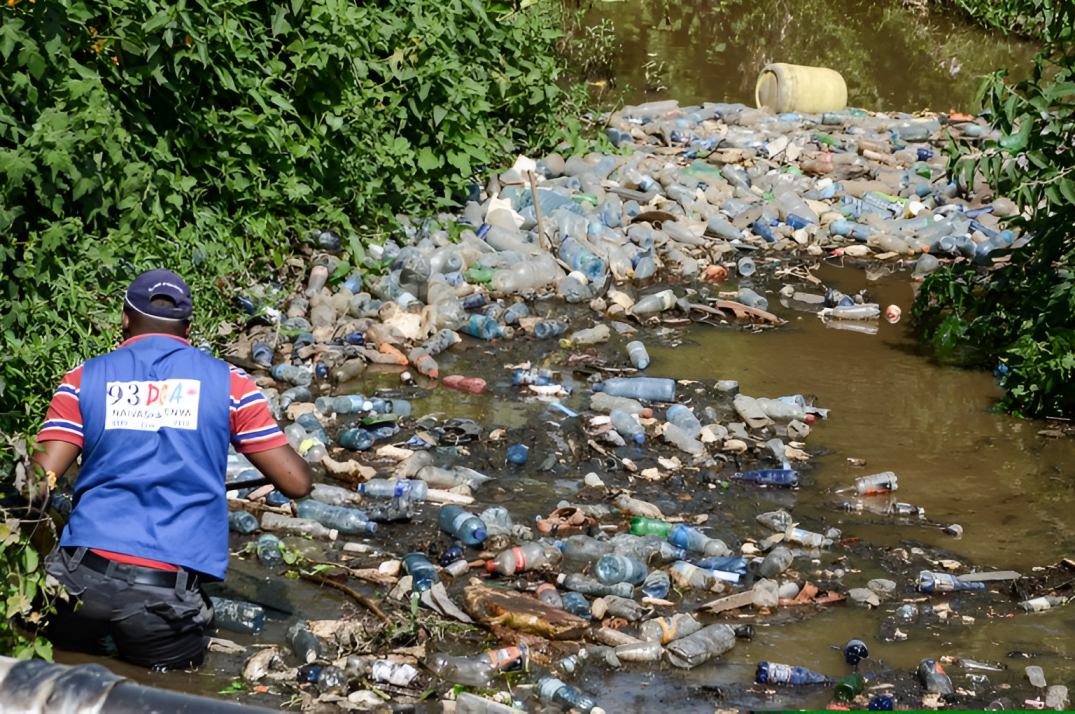Nairobi tops plastic waste generation despite 2017 ban

World Vision Kenya estimates that 22,000 tonnes of waste are produced in the country daily, and plastics account for about 20%. In Nairobi alone, nearly 30% of daily waste is plastic.
Kenya’s 2017 ban on single-use plastics is yet to deliver real change, with a new report showing Nairobi as the top producer of plastic waste and black market bags still flowing into local markets, causing clogged drains and recurring floods.
World Vision Kenya estimates that 22,000 tonnes of waste are produced in the country daily, and plastics account for about 20%.
In Nairobi alone, nearly 30% of daily waste is plastic.
However, only 8% is recycled. The rest ends up incinerated or scattered across the city’s land and water resources.
The capital city, together with Mombasa and Kisumu, remains a hotspot for plastic pollution, with widespread consequences for public health and the environment.
Polythene bags continue to slip through the cracks of enforcement, showing up in food markets and dumping sites.
These banned plastics are a major factor behind Nairobi’s regular flash floods, especially during the rainy season.
While the ban was expanded in 2020 to include protected areas and national parks, enforcement across the country remains weak.
Nairobi County has issued many warnings about a crackdown on illegal plastic traders but has failed to take real action.
World Vision says, "plastic pollution disproportionately affects Kenya’s most vulnerable populations, particularly children living in informal settlements and arid and semi-arid lands, where poor waste management and environmental degradation collide."
The Global Plastic Action Partnership echoed these concerns, noting that “tremendous waste is generated in Kenya every day, and at least 20% of it is plastic.”
It warned that much of this waste ends up in rivers and oceans, fuelling marine pollution and threatening coastal economies.
The situation at the Nairobi River is especially dire, with its waters increasingly clogged by solid plastic waste and discoloured due to pollution.
Even though the country has introduced policies to promote a circular economy and recycling, the practical impact remains low.
Gilbert Kamanga, national director of World Vision Kenya, said, "These children face increased risks of exposure to toxic chemicals, contaminated water and food, and suffer long-term health impacts from pollution linked to open burning and improper plastic waste disposal."
As a way forward, World Vision is urging the government to take serious and targeted action to enforce the ban, especially in informal areas where children are most at risk.
The organisation also linked the worsening environmental crisis to rising malnutrition, stunting, and anaemia among children in Kenya’s drylands.
Meanwhile, the United Nations Environment Programme has confirmed that international talks on a joint plastic waste agreement are underway. These negotiations, launched in Kenya in 2022, are expected to pick pace at an upcoming summit in Korea this August.
